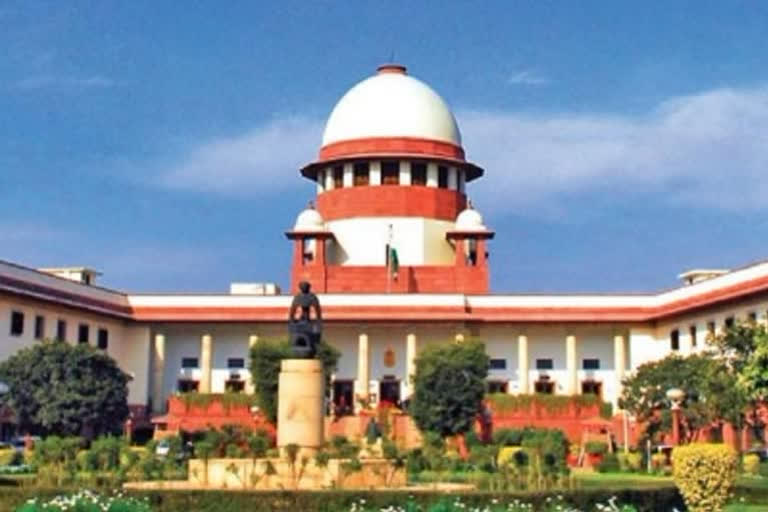New Delhi: The Supreme Court Thursday ruled that the Goods and Service Tax (GST) council's recommendations are not binding on Union and State but have a persuasive value as the country has a cooperative federal structure. A bench of Justices DY Chandrachud, Surya Kant, and Vikram Nath also held that the Centre and State governments have simultaneous powers to legislate on GST but the council must work in a harmonious manner to achieve a workable solution.
The bench said that as per Article 246A, both Parliament and the State legislature have equal power to legislate on matters of taxation. Article 246A treats Centre and State as equal and Article 279 of the constitution says that Centre and State cannot act independent of each other, it said. The top court said that recommendations of the GST council are a product of collaborative discussions between the Centre and States and it is not imperative that one of the federal units must possess a higher share.
It said that Indian federalism is a dialogue between cooperative and non-cooperative federalism and the Centre and States always engage in dialogue. The bench pointed out that there are no provisions in the GST Act of 2017 that deal with repugnancy between the laws drawn up by the Centre and State and it is for the council to advise them suitably whenever such occasions come to fore.
